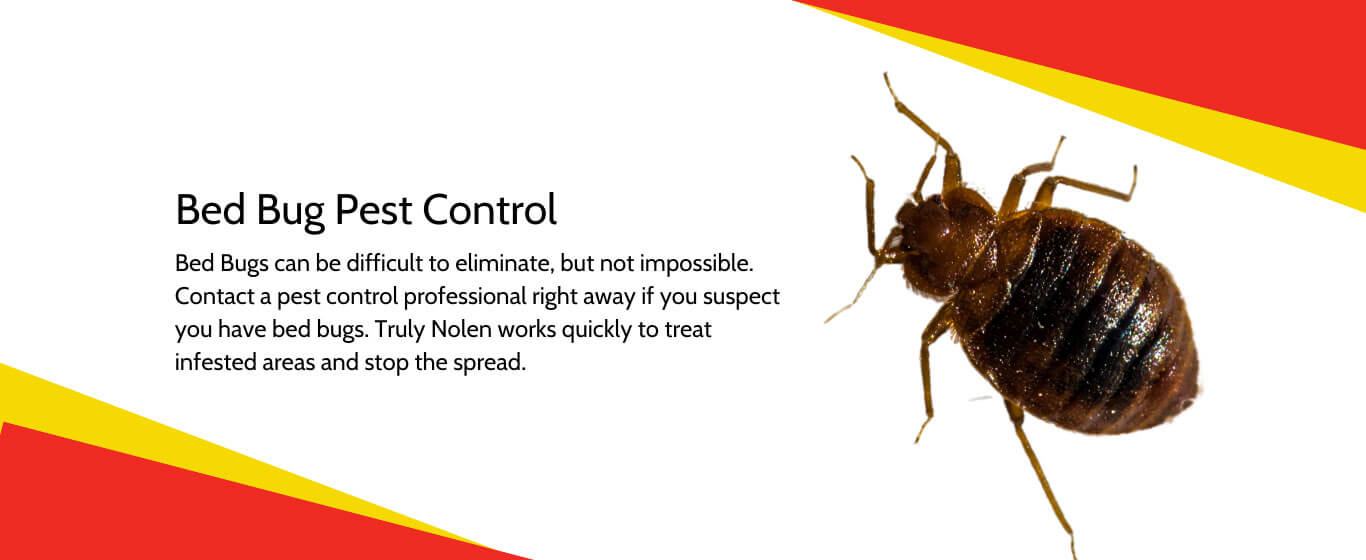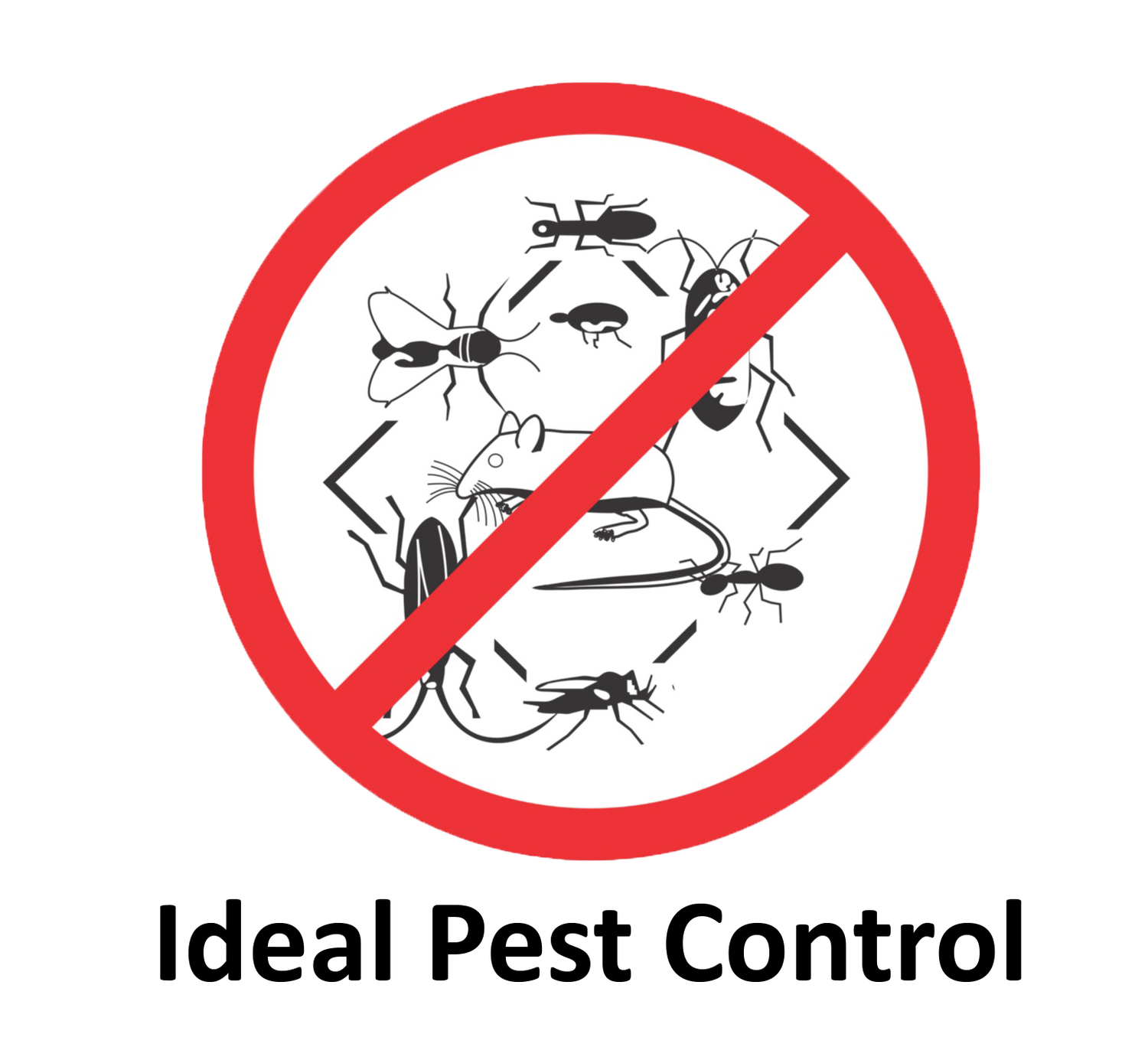Find the Best Exterminator Coquitlam for Fast and Reliable Pest Control
Find the Best Exterminator Coquitlam for Fast and Reliable Pest Control
Blog Article
Safe and Reliable Parasite Control for Lasting Protection
Effective parasite administration requires a complex technique that balances environmental integrity with the need for reliable bug suppression. The subtleties of these techniques may not be instantly clear, prompting a closer assessment of the techniques that can lead to lasting bug control end results.
Comprehending Parasite Control Techniques
Pest control incorporates a variety of methods focused on managing and getting rid of unwanted bugs and rats that can threaten both health and wellness and residential property. Understanding these techniques is critical for effective bug management.
The primary classifications of parasite control methods include mechanical, organic, and chemical strategies. Mechanical methods include physical obstacles and catches to avoid insect entrance and capture undesirable species. Utilizing displays on home windows or utilizing sticky traps can considerably minimize bug populaces without presenting harmful substances - exterminator coquitlam.

Chemical insect control is commonly one of the most acknowledged method, using chemicals to remove insects. These chemicals can be effective but need to be made use of with care to prevent adverse impacts on non-target species and the setting.
Benefits of Eco-Friendly Solutions
Exactly how can environmentally friendly remedies change insect control methods? The fostering of environmentally friendly bug control approaches supplies numerous benefits, significantly enhancing the effectiveness and security of bug monitoring.

An additional benefit is the favorable influence on regional biodiversity. Environmentally friendly remedies are developed to target particular pests while preserving advantageous pests and wild animals, promoting a balanced ecological community. This method straightens with the growing customer need for lasting methods, enhancing the track record of insect control service providers.
Integrated Insect Management Approaches
The execution of green services normally leads to the adoption of Integrated Insect Administration (IPM) strategies, which further enhance insect control efficiency. IPM is an alternative technique that combines multiple techniques to take care of bug populaces while lessening environmental impact. This method highlights using organic, cultural, mechanical, and chemical controls, making sure a lasting and well balanced method of pest management.
One basic aspect of IPM is the complete assessment of pest task and environmental problems. By checking insect populations and recognizing their life cycles, practitioners can apply targeted treatments that interfere with the pest's habitat or lifecycle, minimizing reliance on chemical pesticides. Additionally, social practices such as crop rotation and environment adjustment can dramatically diminish parasite establishment and recreation.
An additional critical part is using organic control representatives, such as valuable bugs or microbes, which can naturally suppress bug populations. When chemical applications are required, IPM sites focuses on making use of low-risk chemicals and uses them precisely, lessening exposure to non-target microorganisms and human beings.
Including IPM techniques not only improves pest control effectiveness but likewise advertises a safer ecological community, aligning with the expanding demand for sustainable methods in bug management.
Safe Practices for Property Owners
Recognizing the relevance of risk-free practices in pest control can empower home owners to successfully manage parasite issues while protecting their health and wellness and the setting. Carrying out non-toxic approaches and preventive procedures is crucial in decreasing exposure to dangerous chemicals.
Property owners need to first examine their atmosphere for problems that draw in parasites, such as standing water, food, and clutter waste. Frequently cleaning and securing entrance factors can deter bugs from attacking the home. Using natural deterrents, such as vital oils or diatomaceous earth, can provide efficient alternatives to chemical pesticides.
When chemical treatments are necessary, homeowners should select products that are especially labeled as safe for domestic use. It is vital to adhere to application guidelines meticulously to prevent too much exposure. Using targeted treatments in locations where pests are determined, rather than blanket splashing, can significantly decrease chemical use.
Last but not least, preserving open communication with insect control experts is important. Property owners must ask about the safety of products made use of and demand environment-friendly choices whenever possible. By embracing these risk-free practices, home owners can produce a much healthier living atmosphere while efficiently handling bug problems.

Tips for Long-Term Defense
Developing a bug monitoring strategy that stresses lasting security can substantially enhance the performance of the secure techniques previously gone over. To attain this, house owners need to implement routine inspections of their building, concentrating on concealed areas such as attic rooms, basements, and crawl rooms. Early detection of parasite task is important in protecting against infestations from taking hold.
These practices lower attractants that draw parasites right into the home. Securing entry factors, such as splits around doors and home windows, can effectively block potential parasite access.
Landscaping needs to likewise be considered; maintaining plants cut and maintaining a range in between plants and the home minimizes concealing spots for bugs. Using natural deterrents, such as crucial oils or diatomaceous next page planet, can additionally prevent problems without resorting to severe chemicals.
Lastly, collaborating with a specialist parasite control service for periodic assessments can offer an additional layer of safety and security. These experts can use tailored suggestions and progressed find therapies, making sure that your home stays shielded against parasites in the long-term.
Conclusion
Finally, trusted and safe parasite control calls for a multifaceted approach that stresses environment-friendly approaches and integrated parasite administration. By executing natural deterrents, conducting normal assessments, and preserving appropriate cleanliness, homeowner can significantly lower insect populaces while shielding helpful bugs and the setting. Partnership with expert pest control services boosts the efficiency of these strategies, making sure tailored services that provide enduring protection and satisfaction against future invasions.
Effective parasite management requires a diverse method that balances environmental integrity with the requirement for effective bug suppression. The fostering of environmentally friendly insect control approaches provides numerous advantages, significantly improving the efficiency and safety of bug management.The implementation of environment-friendly remedies naturally leads to the adoption of Integrated Parasite Monitoring (IPM) strategies, which even more improve bug control efficacy. exterminator coquitlam. By checking pest populations and identifying their life cycles, professionals can apply targeted interventions that interrupt the insect's habitat or lifecycle, minimizing reliance on chemical pesticides.In final thought, dependable and safe pest control requires a complex strategy that emphasizes environmentally friendly methods and incorporated pest administration
Report this page